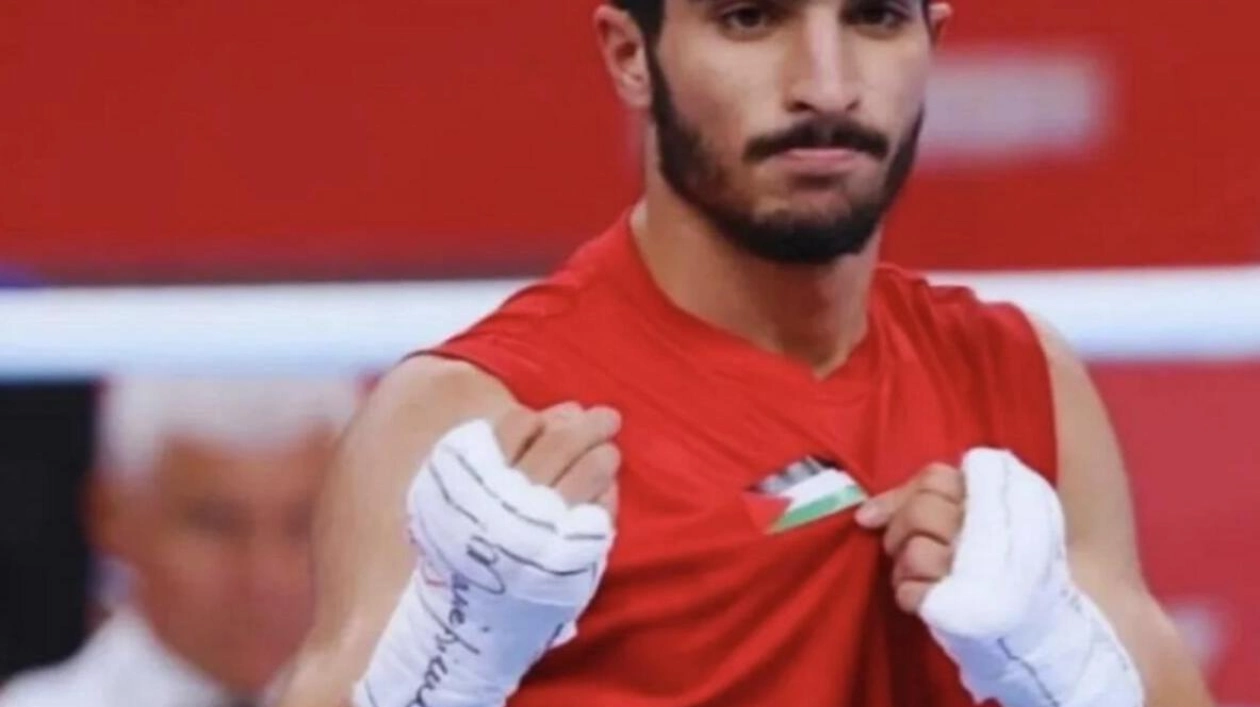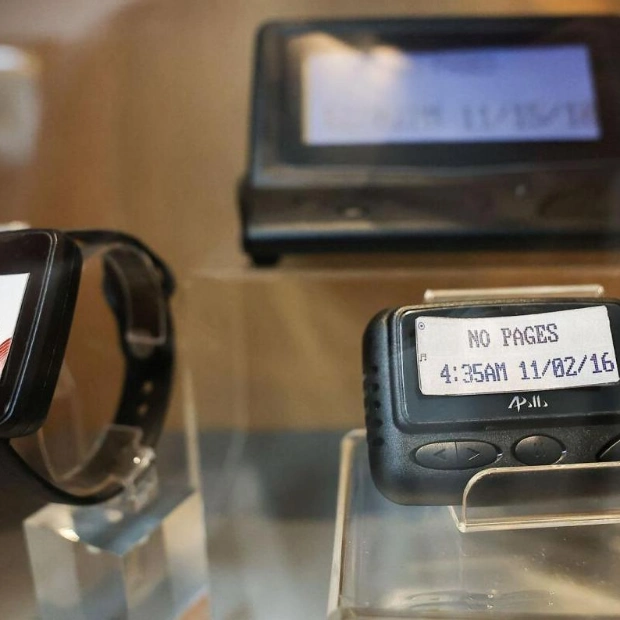Each morning, Palestinian boxer Waseem Abu Sal reviews messages from his coach based in Cairo – a fellow Gazan unable to travel to the occupied West Bank – to receive his daily training schedule for the Olympics, as he strives to make history. At 20, he is set to become the first Palestinian boxer to compete in the Olympics, having secured a wildcard entry, and now aspires to win the first medal for Palestine in the Paris Games.
"This has been my dream since I was 10," he confided to AFP the day following his invitation last week. "Every day, I went to sleep and woke up with thoughts of how I could reach the Olympics." Abu Sal's first Olympic bout is scheduled for July 28, following a unique training regimen with his remote coach, Ahmad Harara, 32, constrained by Israeli travel restrictions.
"I only meet him when I travel for international competitions," Waseem Abu Sal explained at his gym in Ramallah, the administrative center of the Palestinian Authority. "He crafts my daily training schedule, and I train both in the morning and evening with coach Nader Jayousi." Harara, a Gaza ID holder, cited "occupation barriers between the West Bank and Gaza" as the reason he cannot visit his star fighter.
The Palestine Olympic Committee has been a member of the International Olympic Committee since 1995, despite the absence of statehood. Although Abu Sal did not qualify through the usual rounds, he received a wildcard, ensuring representation for all nations at the Games. The political landscape of the West Bank, with its numerous Israeli army checkpoints limiting movement, presents challenges for Abu Sal even before he makes his mark.
"Athletes from the West Bank face difficulties in reaching us," he noted. His typical sparring partner in Ramallah is significantly heavier, at 71kg compared to Abu Sal's 57kg, while another closer in weight is in Jerusalem, across Israel's security barrier, complicating regular training.
This situation hampers the organization of tournaments and reduces competition within the country, he explained. Traveling abroad for training or competition also poses challenges, with many countries denying visas to Palestinians, causing missed opportunities while awaiting visas.
When Abu Sal departs for Paris in July, he will fly from Amman, Jordan, traveling there by road from Ramallah, as is his usual practice for international competitions. Nader Jayousi, head of the Palestinian Olympic delegation sending seven athletes to Paris this year, mentors Abu Sal. At the official's gym in Ramallah, Waseem trains with other promising young boxers under Jayousi's guidance.
As the Olympic hopeful spars, a blend of rap and traditional Palestinian songs plays in the gym. "It's a proud moment, not just for me, but for Palestine, as the first Palestinian boxer will represent us at the Olympics," Jayousi remarked. He shared Abu Sal's concerns about the limited number of top-tier boxers available for training.
One significant challenge in his Olympic preparation has been the conflict in Gaza, where Israel has reported killing at least 37,718 people, mostly civilians, according to Gaza's health ministry. The devastating conflict and daily casualty reports have significantly impacted the mental health of Abu Sal and his teammates.
Travel within the West Bank has also become riskier due to increased checkpoints, military presence, and settler violence. Despite these challenges, as the Olympics approach, Abu Sal's determination has intensified, focusing on "training, eating, and sleeping" after securing his place to vie for gold.
"It was like life had come back to me," he reflected.






